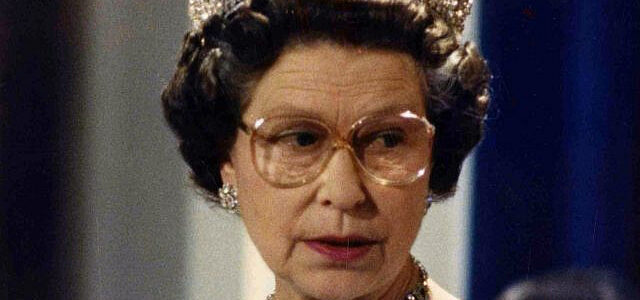The late monarch used her royal powers for justice against strong opposition by making it possible to prosecute war criminals who escaped to the UK
This past week’s media was dominated by the passing of Queen Elizabeth II at age 96 after reigning over the United Kingdom for seventy years. This was true in Great Britain of course, and throughout the British Commonwealth (which still includes more than a dozen countries), but it was also true all over the world, and even in Israel. The Jewish community in Britain also participated, and Chief Rabbi Mirvis not only very warmly eulogized the Queen, he even composed a lovely prayer “On The Passing Of Her Majesty Queen Elizabeth,” in which he noted her “generosity of spirit…dignity, wisdom” and described her as “a most gracious monarch, who occupied a throne of distinction and honour.”
Very interesting that the one positive characteristic in the prayer that was mentioned twice was justice. In Rabbi Mirvis’ words, Queen Elizabeth “signified order and justice,” and was “a steadfast guardian of liberty, a symbol of unity and a champion of justice in all the lands of her dominion.”
In fact I can personally attest to the Queen’s devotion to justice in relation to the Wiesenthal Center’s efforts to convince the British government to prosecute Nazi criminals who had found a haven in Great Britain after World War II, an aspect of her reign that was completely overlooked in all the obituaries, eulogies and commentaries.
Full article here.


